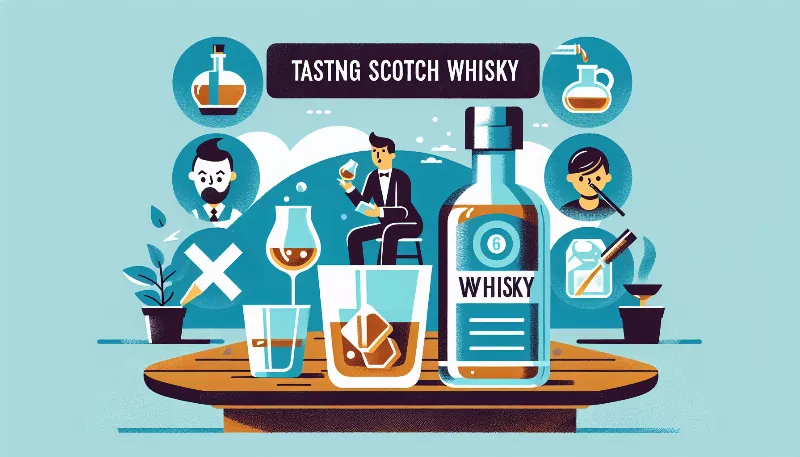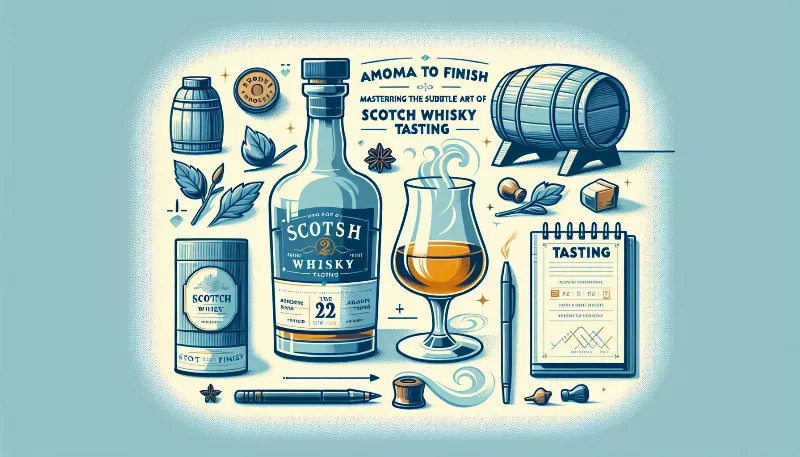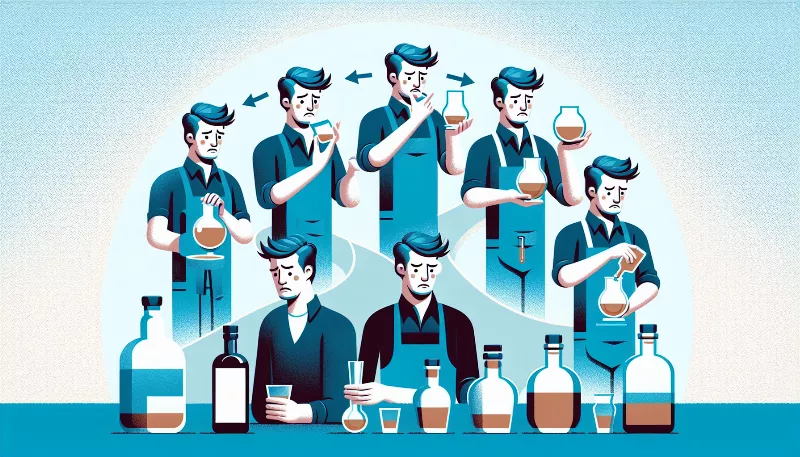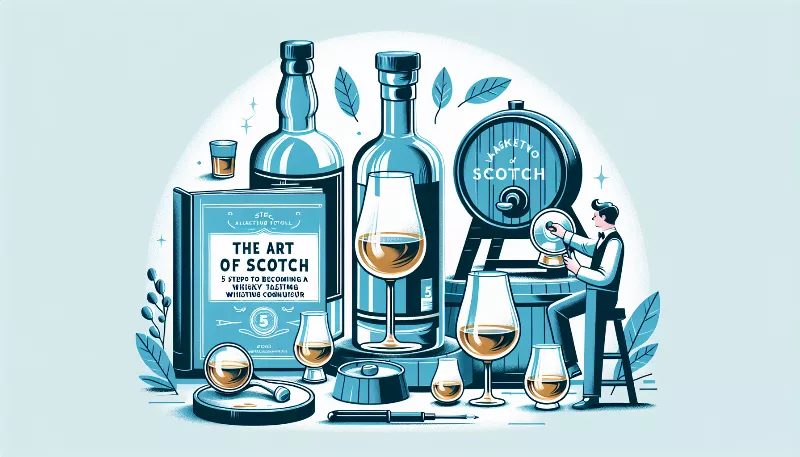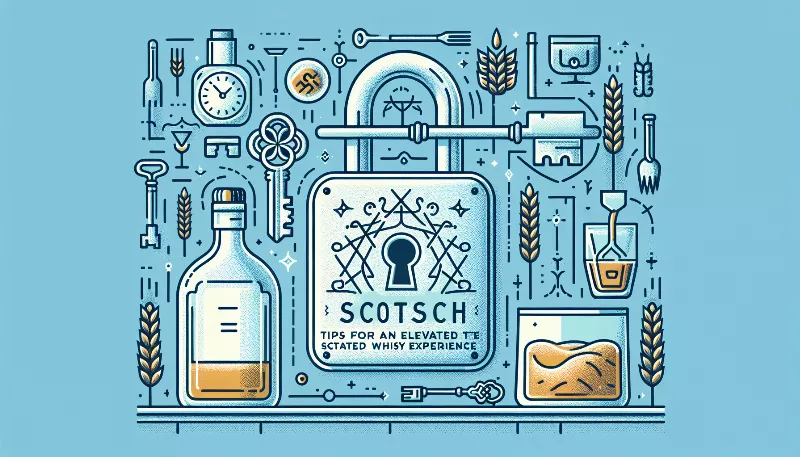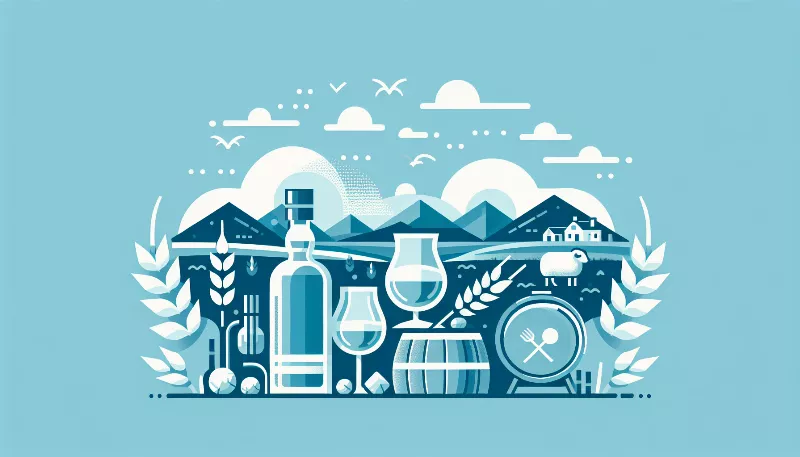Peat, Barley, and Legends: The Historical Saga of Scotch Whiskey
Embark on a flavorful journey through time with the rich history of Scotch whiskey. Discover the tales of peat, barley, and legends.
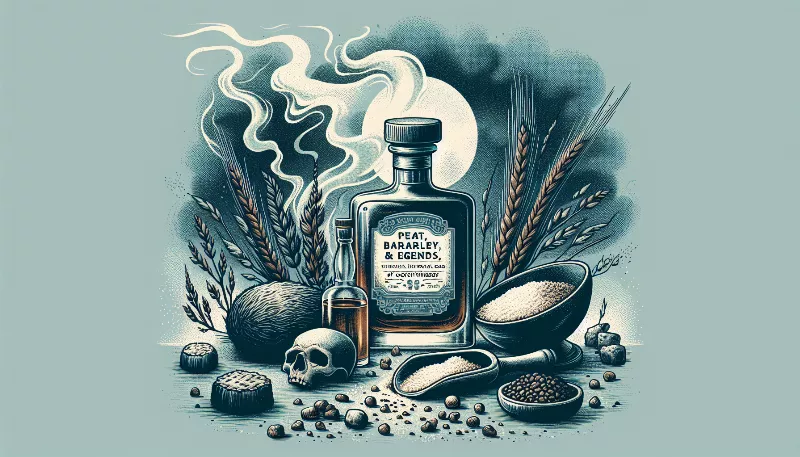
Peat, Barley, and Legends: The Historical Saga of Scotch Whiskey
Embark on a spirited journey through the misty glens and rolling hills of Scotland, where the tale of Scotch whiskey is as rich and complex as the drink itself. This historical saga is steeped in tradition, infused with the rugged character of the land, and flavored by the legends of its people. Let's raise a glass to the fascinating story of Scotch whiskey, a libation that has captivated connoisseurs and casual drinkers alike for centuries.
The Birth of a National Treasure
The origins of Scotch whiskey can be traced back to the early days of Scottish history, where it began not as a leisurely sipper but as a medicinal tonic. Monks in the medieval monasteries were the first to distill spirits in Scotland, using techniques passed down from their Irish counterparts. It wasn't long before the art of distillation spread beyond the monastery walls, and the Scots began to perfect the craft, using the abundant natural resources at their disposal.
From Monks to Moonshine
As the knowledge of distillation took root in Scottish culture, the production of whiskey moved from sacred to secular hands. Farmers found that converting excess barley into whiskey was not only practical but profitable. However, when the English crown sought to tax this liquid gold, the Scots took to the hills. Illicit stills and moonshine became symbols of Scottish resistance, and the smoky flavor of peat—a readily available fuel—became synonymous with the clandestine spirit of Scotch whiskey.
The Peat: A Smoky Signature
In the remote regions of Scotland, peat has long been the traditional source of heat and energy. When used in the whiskey-making process, it imparts a distinctive smoky flavor that is the hallmark of many Scotch whiskies. The peatiness varies from region to region, contributing to the diverse flavor profiles that make Scotch whiskey so intriguing. From the light, floral notes of the Lowlands to the intense, peaty punch of Islay malts, the land itself shapes the character of the whiskey.
Barley: The Golden Grain
At the heart of Scotch whiskey lies barley, the golden grain that fuels its creation. Scottish barley is prized for its high quality, and the country's cool, damp climate is ideal for growing this crucial ingredient. Malting the barley—soaking it in water and allowing it to germinate—begins the transformation from humble grain to the robust spirit known as Scotch. The malted barley is then dried, ground, and fermented, a process that has been refined over generations to produce the smooth, rich flavors we cherish today.
Legends and Lore
Scotch whiskey is shrouded in myths and legends, with tales of secret recipes, hidden stills, and the fabled 'angel's share'—the portion of whiskey that evaporates during aging, said to be taken by the angels themselves. Distilleries often have storied pasts, with generations of families dedicated to the craft of whiskey making. The stories of these distilleries are as captivating as the spirits they produce, adding a layer of mystique to every bottle.
A Global Phenomenon
What began as a local craft has blossomed into a global phenomenon. Scotch whiskey is now revered around the world, with aficionados seeking out rare and aged bottles, and collectors willing to pay top dollar for a taste of history. The export of Scotch whiskey is a major contributor to Scotland's economy, and its popularity shows no signs of waning. As new distilleries emerge and old ones are rediscovered, the legacy of Scotch whiskey continues to grow.
In conclusion, the historical saga of Scotch whiskey is a tapestry woven with peat, barley, and legends. It is a story of resilience, innovation, and passion—a story that is still being written with each new batch distilled. So here's to Scotch whiskey, a timeless treasure that captures the very essence of Scotland in every sip. Slàinte mhath!

